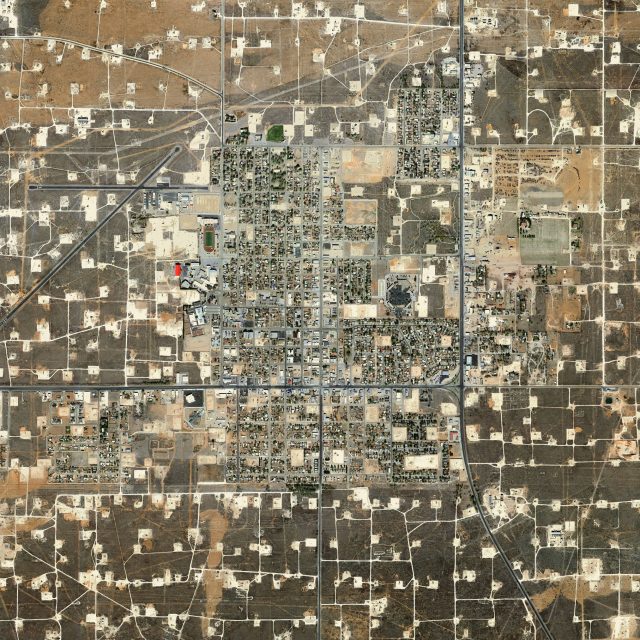
Mishka Henner, Selfie, 2017
Mishka Henner, Selfie, 2017

Mishka Henner, Selfie, 2017

Artist: Mishka Henner (b. 1976) Title: Wasson Oil and Gas Field, Yoakum County, Texas Year: 2013-2014 Medium: Archival pigment print mounted to aluminium Dimensions: H:149cm W:258cm Accession Number: 2015-6 Acquisition info: Purchased in 2015 Henner is one of the UK’s most significant artists working with and interrogating the photographic medium. Based on the collection and […]

Artist: Mishka Henner (b. 1976) Title: Cedar Point Oil Field, Harris County, Texas Year: 2013 – 14 Medium: Archival pigment print mounted to aluminium Dimensions: 149 x 258 cm Accession Number: US2015-5 Acquisition info: Purchased 2015 Henner is one of the UK’s most significant artists working with and interrogating the photographic medium. Based on the […]